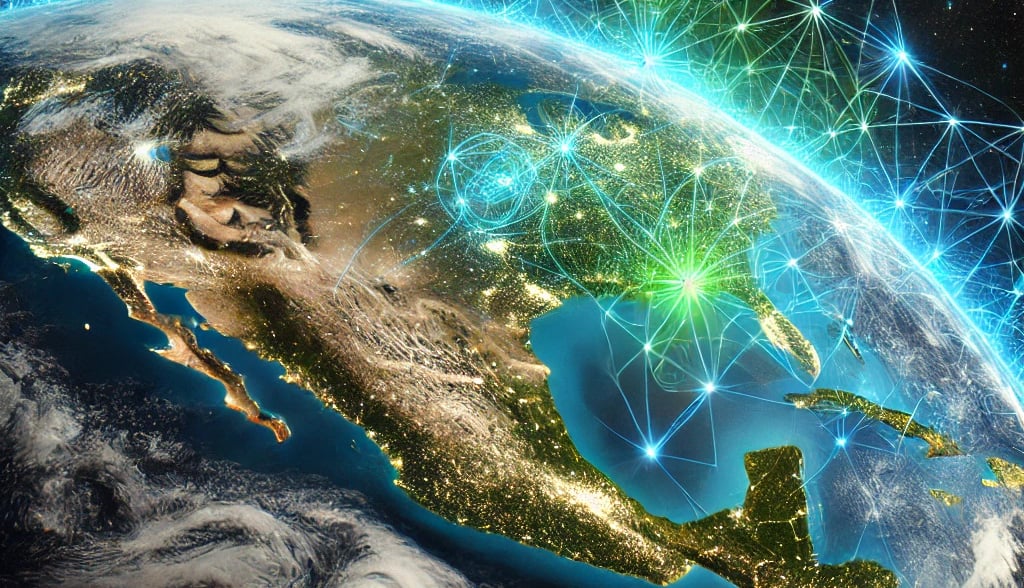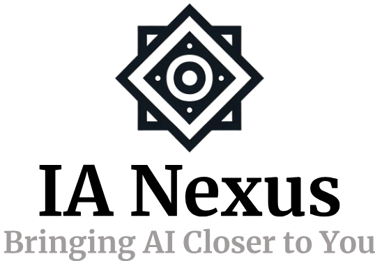Can AI Help Save the Planet?
As climate change accelerates and environmental concerns grow louder, a surprising hero has entered the scene: artificial intelligence. But can lines of code and clever algorithms really make a dent in saving the Earth? Let’s dig into how AI is becoming a powerful tool in the fight for a more sustainable future.
Alexander Hart
4/22/20251 min read


How AI Is Tackling Climate Change
AI is being trained to sift through mountains of environmental data — far more than any human could — to find patterns, predict outcomes, and suggest solutions. From satellite imagery to real-time weather updates, AI can help scientists make smarter, faster decisions.
Some major uses include:
Climate modeling: AI helps simulate future climate scenarios, improving the accuracy of forecasts.
Carbon tracking: Algorithms can monitor CO₂ levels, track emissions, and flag illegal deforestation from space.
Disaster prediction: AI improves early warnings for floods, wildfires, and hurricanes, giving communities more time to prepare.
Real-World Green AI in Action
Google’s DeepMind reduced energy used for cooling its data centers by up to 40% using AI.
IBM’s Green Horizon project uses AI to forecast air pollution and guide policy decisions in China.
Blue River Technology developed AI-powered robots that identify and spray only harmful weeds, reducing pesticide use in agriculture.
Wait, AI Loves the Planet… but Isn’t It Energy-Hungry?
Yes — training large AI models can be energy-intensive. But many organizations are now focused on green AI: designing more efficient models and using renewable energy to power training processes.
It’s not a perfect system yet, but the benefits often outweigh the costs — especially when AI helps industries reduce far greater emissions in the long run.
Fun Fact
AI is even being used to track whales by sound to prevent ship collisions — combining marine biology with machine learning!
Final Thoughts
Artificial intelligence may not be a silver bullet for climate change, but it's certainly a sharp tool in humanity’s toolbox. When used wisely, AI can accelerate our efforts to understand, protect, and restore the natural world.
As technology evolves, the most impactful breakthroughs might come not just from smarter machines — but from how we choose to use them.
Insights
Stay updated on AI news and trends today.
Learn
© 2025. All rights reserved.
